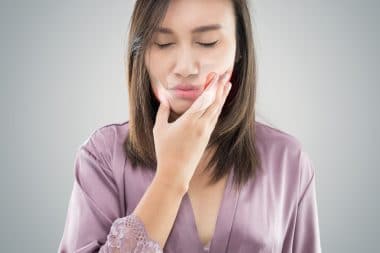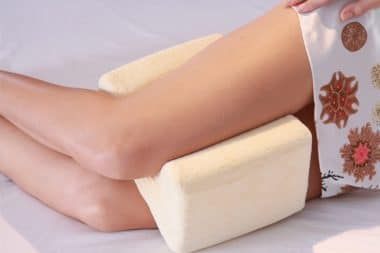Your bones provide structure, protect your organs, and anchor your muscles. They store calcium and help with mobility and movement. It is very important to keep your bones strong and healthy during childhood and adolescence, but there are steps during adulthood to protect and take care of your bone health. Taking care of bone health is easy. All you need to do is understand diet, exercise and lifestyle factors.
Bones constantly change. New bones are made and old bones are broken down. When you are young your body makes new bone quickly — faster than it breaks down old bone. Your bone mass increases. However when you reach the age of 30 your bone mass has reached its peak. Bone remodeling still carries on, but you lose more bone mass than you gain.
Bone health is affected by how much calcium you incorporate into your diet. Diets low in calcium contribute to weakened bone density, premature bone loss and an amplified risk of fractures.
Good exercise plans are necessary to keep your bones healthy. Those who are physically sedentary have a greater risk of osteoporosis than do those who are more active.
Tobacco and alcohol use contribute to weakened bones. Having more than two alcoholic drinks per day increases the risk of osteoporosis. Alcohol interferes with the body’s ability to absorb calcium.
Did you know that if you are a woman you have less bone tissue than a man? This puts you at risk of osteoporosis. If you are very thin and have a body mass index of 19 or less or a small body frame you may have less bone mass as you age. Your bones become thinner and weaker as you grow older.
Those who have poor bone mass or at risk of osteoporosis are either white or of Asian descent. If you have a parent or sibling who has osteoporosis you will be at risk. Look to your family history to find out if there is a history of fractures. This too is a high risk factor for bone issues.
Hormones are pesky indictors of bone mass issues. If you have thyroid hormones in your body that are too high you can experience bone loss. Boneless increases at menopause due to dropping estrogen levels. If you have amenorrhea or periods or no menstruation you have an increased risk of osteoporosis. Lose testosterone levels in men cause bone mass loss.
Individuals with anorexia or bulimia are at high risk for bone loss. Stomach surgery or gastrostomy, weight loss surgery and Crohn’s disease, and celiac disease affect how your body absorbs calcium. These diseases and conditions will cause rapid bone loss mass.
Using corticosteroid medications or prednisone, cortisone, prednisolone and dexamethasone damage bones. You may find an increase in the risk of osteoporosis if you regularly use aromatase inhibitors for breast cancer, serotonin reuptake inhibitors, methotrexate and some anti-seizure medications. Watch out if you use a proton pump inhibitor.
Eat foods that are high in calcium and vitamin D. Exercise and practice good health habits will go a long way to keeping bones healthy. It is never too late to take care of your bones. Begin today by eating low-fat dairy products and foods with added calcium. Egg yolks, saltwater fish, liver and fortified milk are great sources of vitamin D. It is okay to take supplements to get enough calcium and vitamin D. Do make it a habit to eat fruits and vegetables.
Learn how to avoid falls. Check your home for loose rugs and poor lighting. Have your eyes checked and increase balance and strength by walking, taking Tai Chi, yoga or dance classes. Falls will break bones and eventually lead to more bone mass loss.







